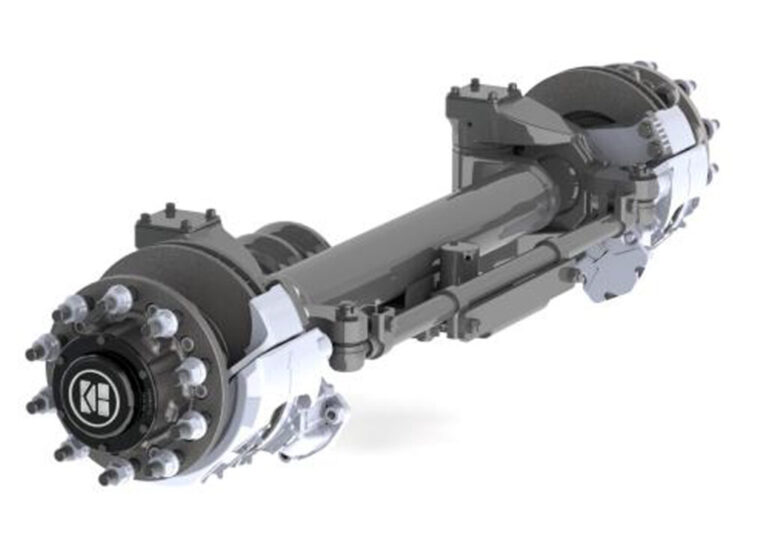How AI is Transforming Supply Chain and Case Management for Enterprises
In today’s competitive business environment, organizations are under constant pressure to deliver faster, reduce operational inefficiencies, and enhance customer satisfaction. Artificial Intelligence (AI) is emerging as a game-changer by streamlining complex processes, automating repetitive tasks, and enabling smarter decision-making. Two key areas where AI is proving especially impactful are supply chain planning and execution as well as case management in customer service and compliance.
By integrating AI into these workflows, enterprises not only improve efficiency but also gain the agility needed to stay ahead in dynamic markets. Let’s explore how AI is driving this transformation and reshaping enterprise operations.
AI in Supply Chain: Smarter Planning and Faster Delivery
Supply chains have always been complex, involving multiple stakeholders, fluctuating demand, and external disruptions. Traditional planning models often fail to adapt to real-time challenges, leading to delays, stockouts, or overstocking. This is where AI for plan to deliver comes into play.
AI-powered solutions analyze large volumes of structured and unstructured data to optimize forecasting, inventory management, logistics, and demand planning. For example, platforms like AI for plan to deliver help enterprises build adaptive supply chain ecosystems that respond to real-time signals.
Benefits of AI in Supply Chain Operations
- Improved Demand Forecasting: AI models factor in seasonality, market conditions, and consumer behavior, providing more accurate predictions.
- Optimized Inventory Management: Enterprises avoid overstocking and reduce carrying costs by aligning inventory with predicted demand.
- Reduced Delivery Times: AI-driven route optimization minimizes delays and ensures faster order fulfillment.
- Resilience Against Disruptions: AI identifies potential risks such as supplier delays or geopolitical issues, helping organizations plan alternatives proactively.
Real-World Applications
- Retail: Predicting spikes in seasonal demand to ensure timely product availability.
- Manufacturing: Aligning production schedules with supply chain inputs to reduce downtime.
- Logistics: Using AI-powered insights to optimize fleet management and reduce transportation costs.
The combination of predictive analytics, intelligent automation, and real-time monitoring ensures that supply chains are not only efficient but also resilient.
AI in Case Management: Enhancing Customer and Compliance Operations
While supply chain optimization is crucial, enterprises also struggle with managing customer cases, compliance issues, and service requests. Case management traditionally involves manual review, extensive documentation, and back-and-forth communication—making it resource-intensive and prone to errors.
AI is redefining this process by bringing automation, transparency, and intelligence into case management systems. Tools such as AI in case management leverage natural language processing (NLP), machine learning (ML), and knowledge base integration to streamline workflows.
Key Advantages of AI in Case Management
- Faster Case Resolution: AI automates case classification, prioritization, and routing to the right teams, reducing turnaround time.
- Consistency and Accuracy: AI ensures uniform application of rules and compliance policies, minimizing human errors.
- Enhanced Customer Experience: Customers benefit from quicker resolutions, proactive updates, and intelligent self-service options.
- Scalable Operations: Enterprises can handle growing case volumes without significantly expanding manual workforce requirements.
Applications Across Industries
- Customer Service: Automating ticket triaging and generating intelligent responses for common queries.
- Legal and Compliance: Identifying risks, validating documents, and ensuring adherence to regulations.
- Healthcare: Managing patient cases, medical claims, and compliance records with greater efficiency.
By reducing manual bottlenecks, AI-enabled case management systems empower organizations to focus on high-value interactions while ensuring compliance and accountability.
The Strategic Advantage of AI-Driven Workflows
When enterprises bring AI into both supply chain and case management, they create a synergistic effect: streamlined back-end operations and enhanced customer-facing services. This combination provides a strategic advantage in competitive markets.
Integrated Benefits
- Operational Efficiency – AI eliminates manual inefficiencies across workflows, from supply planning to customer interactions.
- Cost Savings – Reduced errors, better resource allocation, and automated decision-making lower operational costs.
- Agility – Organizations respond faster to external changes, whether market demand shifts or regulatory updates.
- Data-Driven Decisions – AI leverages vast amounts of data to provide actionable insights, enabling smarter strategy formulation.
Preparing for the Future of Enterprise AI
The adoption of AI in supply chain and case management is no longer optional—it is becoming a necessity for enterprises aiming to remain competitive. However, successful adoption requires a clear strategy:
- Start Small, Scale Fast: Begin with targeted use cases like demand forecasting or ticket triaging before scaling enterprise-wide.
- Focus on Data Quality: AI thrives on high-quality data. Ensuring clean, well-structured datasets is critical for accurate outcomes.
- Involve Human Oversight: While AI automates tasks, human judgment is vital for complex decision-making and continuous improvement.
- Invest in Change Management: Training employees and aligning them with AI adoption is essential for long-term success.
Conclusion
Artificial Intelligence is revolutionizing how enterprises operate, from ensuring efficient supply chain planning and delivery to enabling intelligent case management. By adopting AI-driven solutions, organizations not only achieve operational excellence but also enhance customer satisfaction and regulatory compliance.
The future of enterprise success lies in combining agility with intelligence—and AI is the foundation that makes this possible.






